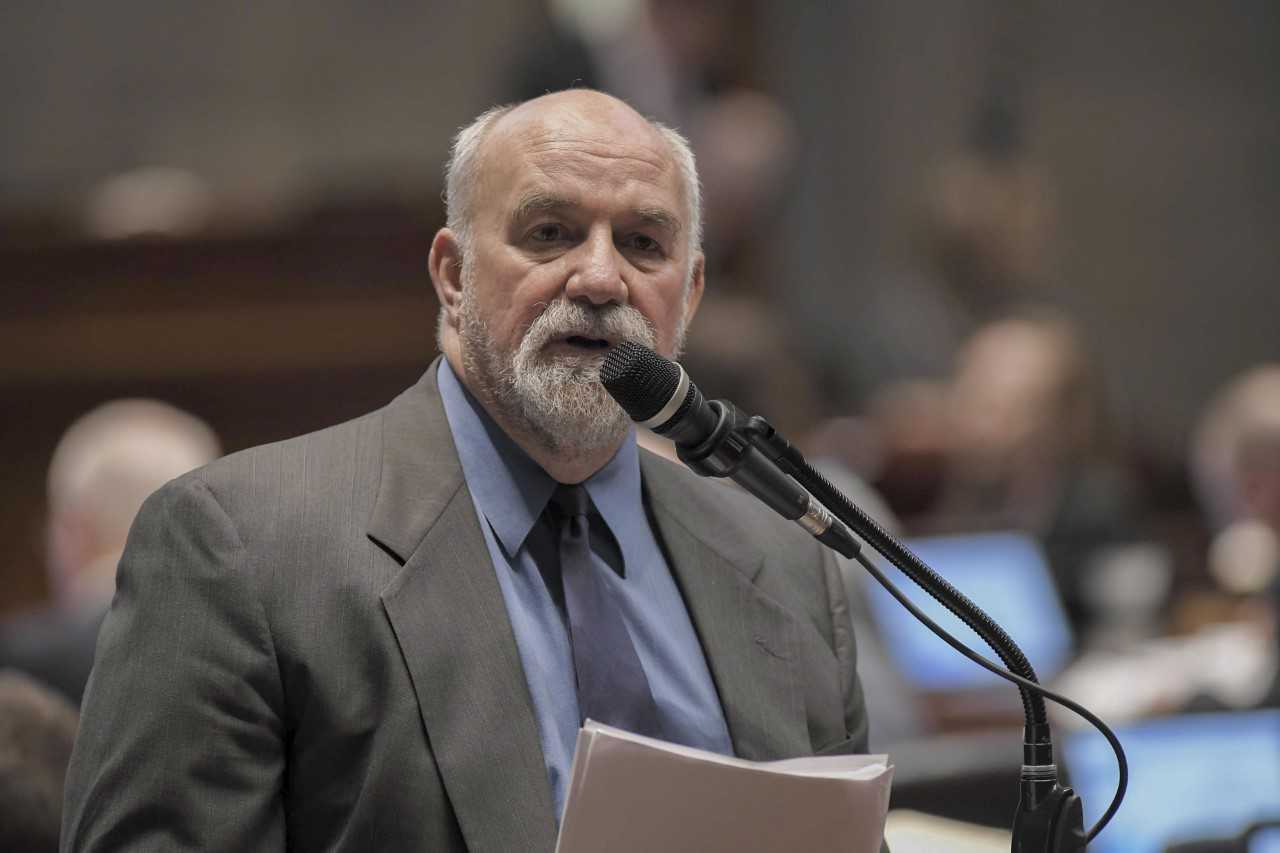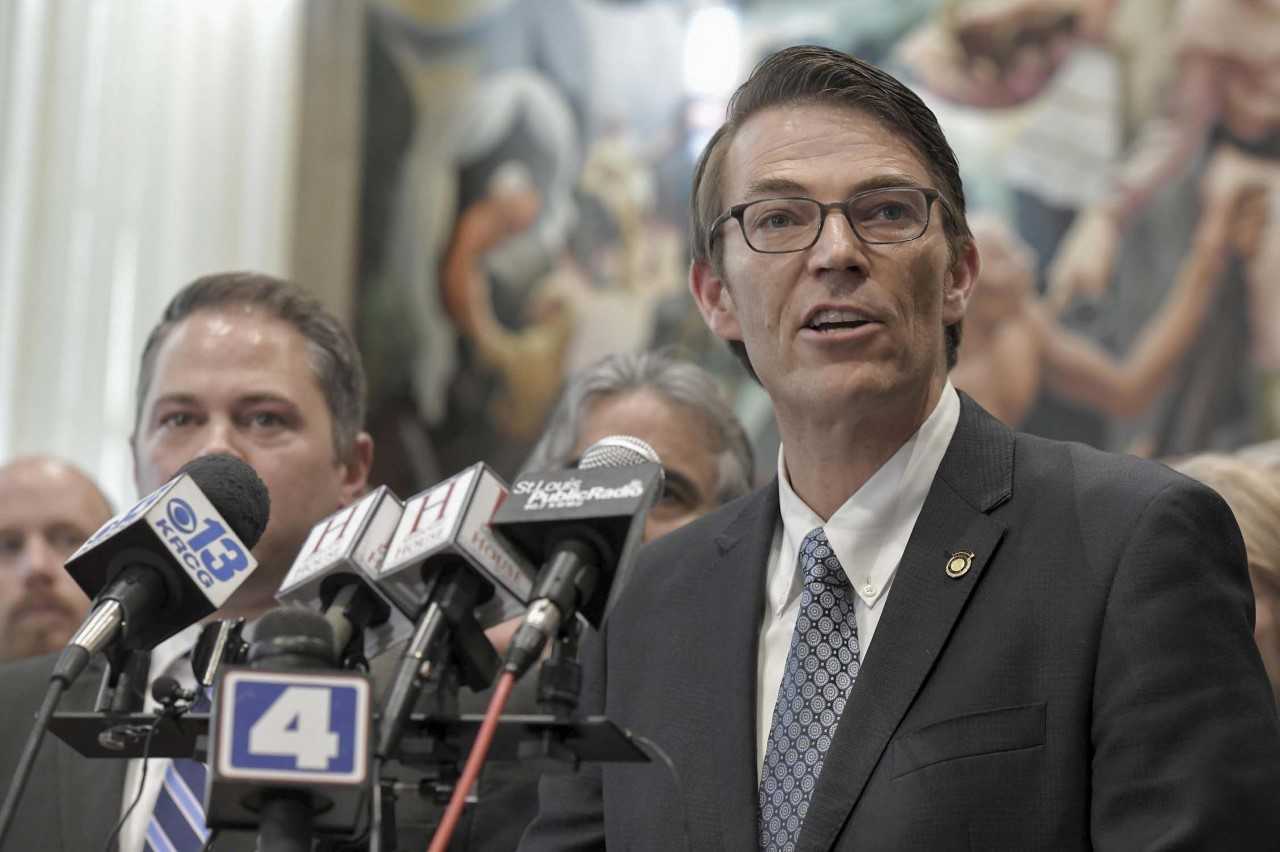The Missouri legislature this year passed a number of provisions aimed at making life better for children in the state’s foster care system. Legislation that has become law would help children get an education, proper medical care, and ease their transition out of state care.

House Speaker Todd Richardson (R-Poplar Bluff) in January created the Special Committee to Improve the Care and Well-Being of Young People, to focus on foster care issues. That committee and its chairman, Representative Jim Neely (R-Cameron), handled many of these provisions and oversaw combining several of them into one bill, House Committee Bill 11. Many of them later became part of Senate Bill 819 which was passed and has been signed into law. The provisions in that bill become effective August 28.
The Director of Missouri’s Office of Child Advocate, Kelly Schultz, has been a foster parent to 17 children over the years. She said both as a foster parent and as the director, this year has been “huge,” for professionals, families, and most importantly children in foster care.
She said this year the legislature took steps toward doing the most important thing changes can do for children in Missouri: to “normalize” their lives relative to those of their peers.
Schultz described some of the changes the legislature approved this year as “low-hanging fruit;” issues that were easily fixed that could have a major impact on the lives of children and those who work with them.
One example is a provision that allows children in state care to get bank accounts in their own name after they turn 16. That measure was originally found in a bill handled by Representative Don Phillips (R-Kimberling City).

Schultz said as a foster parent, that provision doesn’t just help children. She was once “on the hook,” when a child whose account she was a co-signer on overdrew that account.
Another provision will allow fees for birth, death, or marriage certificates to be waived if those documents are requested by certain state agencies on behalf of a child under juvenile court jurisdiction.
The sponsor of the original legislation dealing with that, Representative Mike Kelley (R-Lamar), said the fees for those documents might be considered nominal to most people, but they can seem insurmountable to children trying to gain their independence.
Also included in SB 819 are provisions to:
– Allow a child who is homeless or in state care and who has not received all his or her required immunizations to enroll in school, daycare, preschool, or nursery for up to 30 days while he or she begins getting caught up on those immunizations.
– Expand assessment and treatment services for children in foster care. It would require such services for all children in foster care – currently it is required only for those under the age of ten – and would require that those services be completed in accordance with the American Academy of Pediatrics’ periodicity schedule. Current law requires screenings of children in state custody every six months.
– Allow minors to contract for admission to a rape crisis center if qualified as specified in the act
SB 819 also creates the “Social Innovation Grant Program.” It will create a state program to fund pilot projects that seek to address social issues such as families in generational child welfare, opioid-addicted pregnant women, or children with behavioral issues who are in residential treatment. Projects receiving grants should have the potential of being replicated to get the most out of state funds and address such concerns.
Earlier stories: